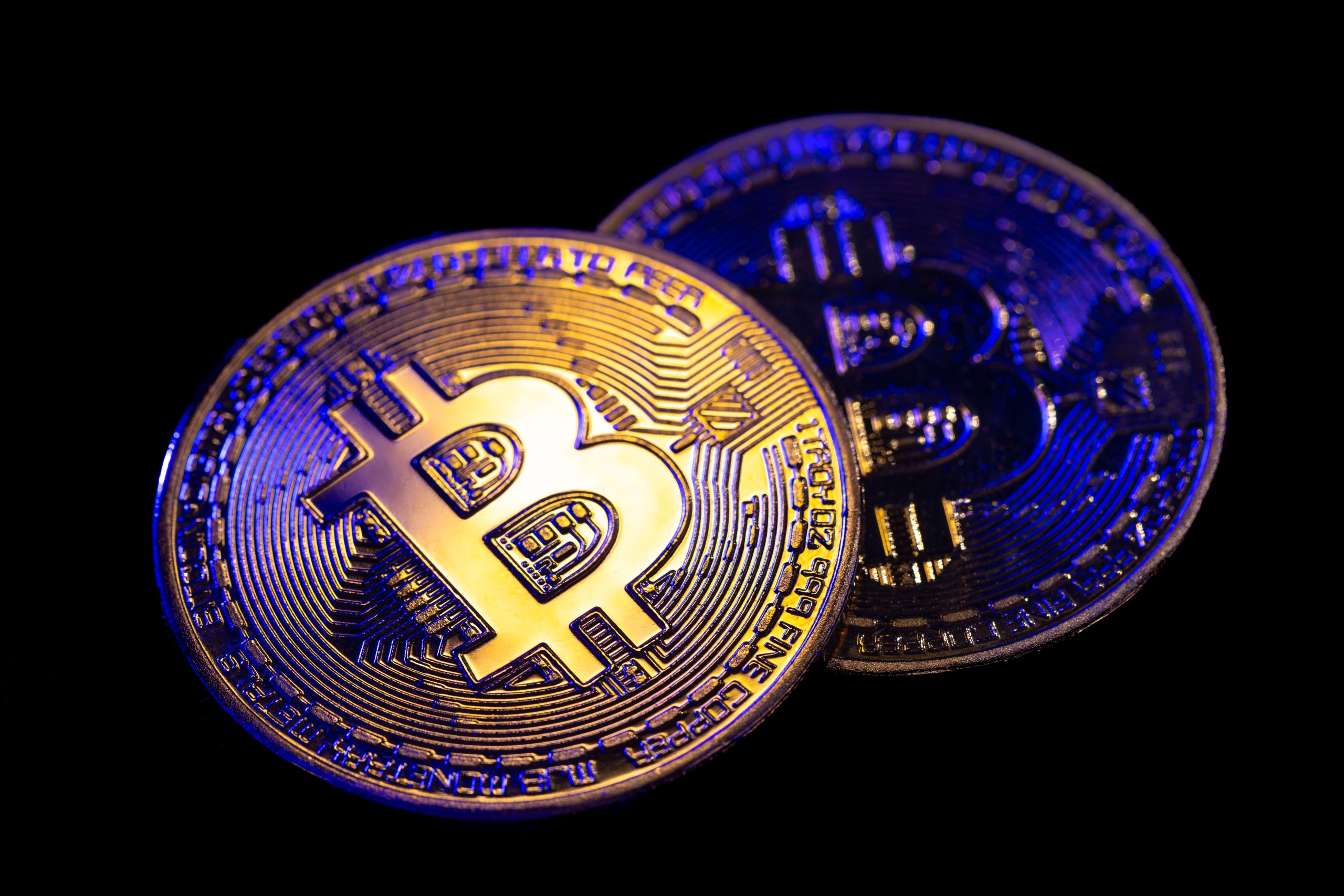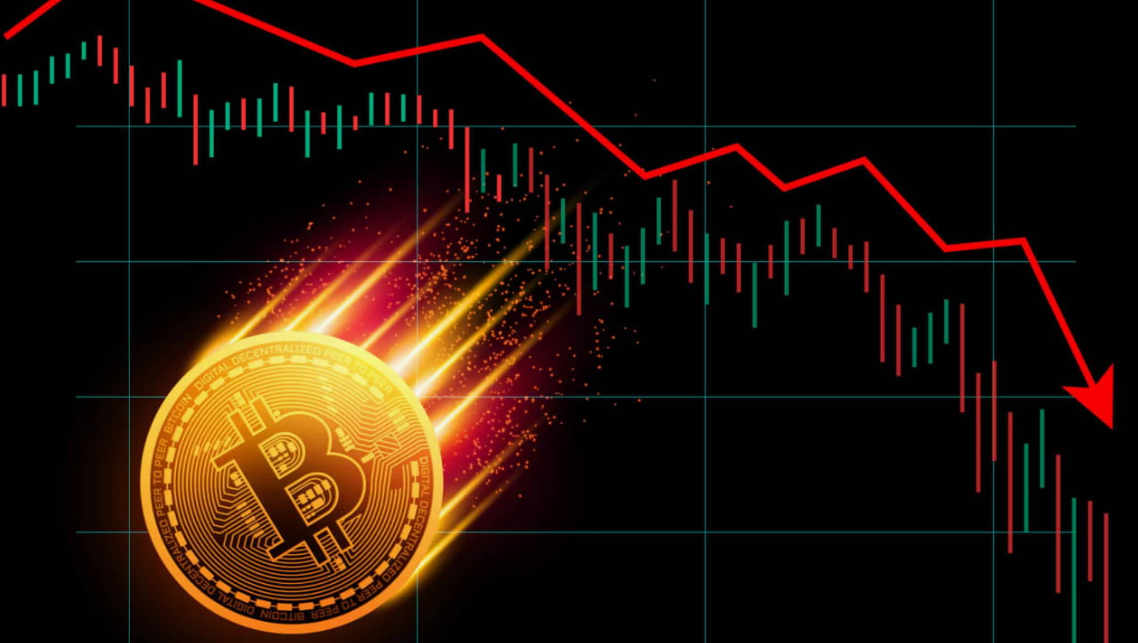What is a Crypto Wallet?
Alright, first things first. What exactly is a crypto wallet? Think of it as your digital bank account. But instead of storing dollars or euros, it holds your cryptocurrencies like Bitcoin, Ethereum, and many others. A crypto wallet doesn’t actually store your coins. Instead, it stores the private keys that allow you to access and manage your crypto on the blockchain.
How Does a Crypto Wallet Work?
Here’s a simple way to think about it:
- Public Key: This is like your bank account number. You can share it with others to receive crypto.
- Private Key: This is your secret PIN code. It’s crucial to keep this safe because anyone with access to your private key can control your crypto.
When you send or receive crypto, your wallet uses these keys to sign transactions and ensure everything is secure and legitimate.
Types of Crypto Wallets
There are several types of crypto wallets, each with its own pros and cons. Let’s explore the main ones:
1. Hot Wallets
Hot wallets are connected to the internet, making them super convenient for daily use. Examples include mobile wallets like Trust Wallet and desktop wallets like Exodus.
Pros:
- Easy to set up and use
- Great for frequent transactions
- Often free
Cons:
- More vulnerable to hacks
- Depend on internet connection
2. Cold Wallets
Cold wallets are offline wallets, which means they’re not connected to the internet. These include hardware wallets like Ledger and Trezor, and even paper wallets.
Pros:
- Much more secure against online threats
- Ideal for long-term storage
Cons:
- Less convenient for frequent use
- Can be expensive
3. Custodial Wallets
With custodial wallets, a third party (like an exchange) holds your private keys for you. Examples include wallets provided by Coinbase and Binance.
Pros:
- Easy to use
- Good for beginners
Cons:
- Less control over your funds
- Trusting a third party with your keys
4. Non-Custodial Wallets
Non-custodial wallets give you full control over your private keys. Examples include MetaMask and MyEtherWallet.
Pros:
- Complete control and ownership of your crypto
- Enhanced privacy
Cons:
- Responsibility for securing your keys
- Can be tricky for beginners
Security Tips for Your Crypto Wallet
Keeping your crypto wallet safe is super important. Here are some tips to help you stay secure:
1. Use Strong Passwords
Make sure your wallet password is strong and unique. Avoid using easily guessable information like birthdays or simple words.
2. Enable Two-Factor Authentication (2FA)
Adding an extra layer of security with 2FA can help protect your wallet from unauthorized access.
3. Backup Your Private Keys
Always keep a backup of your private keys in a safe place. Consider writing them down and storing them offline to prevent loss.
4. Stay Updated
Keep your wallet software up to date to protect against the latest security threats and vulnerabilities.
5. Be Wary of Phishing Scams
Always double-check URLs and avoid clicking on suspicious links that could lead to phishing sites aiming to steal your information.
Choosing the Right Crypto Wallet
With so many options out there, choosing the right crypto wallet can be overwhelming. Here are some factors to consider:
1. Purpose
- Daily Transactions: Opt for a hot wallet for easy access.
- Long-Term Storage: A cold wallet is more secure for holding crypto over time.
2. Security
Consider how much control you want over your private keys. Non-custodial wallets offer more security but require more responsibility.
3. Ease of Use
If you’re new to crypto, a custodial or user-friendly non-custodial wallet like Exodus might be best.
4. Compatibility
Make sure your wallet supports the cryptocurrencies you plan to use. Some wallets are multi-currency, while others specialize in specific coins.
How Fxpricing Enhances Your Crypto Wallet Experience
Let’s talk about how Fxpricing fits into your crypto wallet journey. Fxpricing is a comprehensive financial data provider that offers real-time and historical data for forex, cryptocurrencies, stocks, and commodities. Here’s why Fxpricing is a game-changer for crypto enthusiasts:
Real-Time Data and Live Charts
With Fxpricing, you get access to live rates and charts, allowing you to monitor the market in real-time. This is crucial for making quick decisions, especially when managing your crypto wallet.
Customizable Dashboards
Everyone likes things their way, right? Fxpricing allows you to customize your dashboards to display the information that matters most to you. Whether you’re tracking specific cryptocurrencies or monitoring multiple markets, you can tailor your dashboard to fit your needs.
APIs for Easy Integration
Fxpricing offers APIs that make it easy to integrate their data into your trading platforms and financial applications. Whether you’re a developer or a trader, this seamless integration can enhance your trading experience.
Market Analysis and News Updates
Staying informed is key in the crypto market. Fxpricing provides market analysis and news updates to keep you in the loop. This helps you make informed decisions based on the latest trends and events.
Economic Calendar
An economic calendar is essential for tracking important events that could impact the markets. Fxpricing’s economic calendar helps you stay ahead by keeping track of key dates and events.
Partnerships and Collaborations
Fxpricing has established partnerships with key players in the financial markets, including brokers, exchanges, data providers, and financial institutions. These collaborations ensure that Fxpricing offers reliable and extensive market coverage, making it an essential tool for traders, investors, developers, and financial institutions.
With Fxpricing, you have all the tools you need to manage and secure your crypto wallet effectively.
Personal Insights: My Crypto Wallet Journey
Let me share a bit about my own experience with crypto wallets. When I first started, I was overwhelmed by all the options and security concerns. Here’s what I learned along the way:
Finding the Right Balance
At first, I used a custodial wallet because it was easy and convenient. But as I grew more comfortable with crypto, I switched to a non-custodial wallet to have full control over my funds. It was a bit of a learning curve, but it felt empowering to manage my own private keys.
Importance of Security
One of the biggest lessons I learned is never to share your private keys. I’ve also started using hardware wallets for my long-term holdings, which has given me peace of mind knowing my crypto is safe from online threats.
Staying Informed
Using tools like Fxpricing has been a game-changer. Having access to real-time data and market analysis helps me make informed decisions about when to buy, sell, or hold my crypto. It’s like having a financial advisor right at my fingertips!
Critical Analysis: Weighing the Pros and Cons
While crypto wallets offer amazing benefits, it’s important to weigh the pros and cons to make informed decisions.
Pros
- Control Over Funds: You have full ownership and control of your crypto.
- Security: Properly secured wallets are highly resistant to hacks and fraud.
- Accessibility: Easily manage and transfer your crypto from anywhere in the world.
- Transparency: All transactions are recorded on the blockchain, ensuring transparency.
Cons
- Responsibility: You’re solely responsible for securing your private keys.
- Complexity: Some wallets can be difficult to set up and use, especially for beginners.
- Risk of Loss: If you lose your private keys, you lose access to your crypto forever.
- Security Risks: While wallets are secure, they’re not immune to hacks, especially hot wallets.
From my experience, the benefits outweigh the drawbacks, especially if you take the necessary steps to secure your wallet properly.
Hypothetical Scenario: Crypto Wallets in 2030
Let’s have a little fun and imagine what crypto wallets might look like in 2030:
Universal Acceptance
By 2030, crypto wallets could be a standard part of everyone’s financial toolkit. Whether you’re buying a coffee or paying your rent, crypto wallets make transactions seamless and secure.
Advanced Security Features
Imagine wallets with built-in biometric security, making it even harder for unauthorized users to access your funds. Enhanced encryption and decentralized storage could make wallets virtually hack-proof.
Integrated Financial Services
Crypto wallets might integrate with traditional financial services, allowing you to seamlessly convert between fiat and crypto, invest in DeFi platforms, and even manage your taxes—all from one place.
User-Friendly Interfaces
Future crypto wallets could be incredibly user-friendly, making them accessible to everyone, regardless of their technical knowledge. Simple, intuitive designs would make managing crypto as easy as using a smartphone app.
Enhanced Privacy
With advancements in blockchain technology, crypto wallets could offer enhanced privacy features, giving users more control over their personal financial data while maintaining transparency and security.
Imagining this future shows just how transformative crypto wallets can be. It’s not just about storing
Quotes from Industry Leaders
To give you a better perspective, here are some insightful quotes from industry leaders:
“A crypto wallet is the gateway to the new financial world, giving users control and ownership like never before.” – Vitalik Buterin
“Security and accessibility are the two pillars of a great crypto wallet. Balancing both is key to widespread adoption.” – Changpeng Zhao
“As blockchain technology evolves, so will the functionality and security of crypto wallets, making them indispensable tools for the future.” – Brian Armstrong
These quotes highlight the importance and evolving nature of crypto wallets in the financial landscape.
How Fxpricing Enhances Your Crypto Wallet Experience
Let’s talk about how Fxpricing fits into your crypto wallet journey. Fxpricing is a comprehensive financial data provider that offers real-time and historical data for forex, cryptocurrencies, stocks, and commodities. Here’s why Fxpricing is a game-changer for crypto enthusiasts:
Real-Time Data and Live Charts
With Fxpricing, you get access to live rates and charts, allowing you to monitor the market in real-time. This is crucial for making quick decisions, especially when managing your crypto wallet.
Customizable Dashboards
Everyone likes things their way, right? Fxpricing allows you to customize your dashboards to display the information that matters most to you. Whether you’re tracking specific cryptocurrencies or monitoring multiple markets, you can tailor your dashboard to fit your needs.
APIs for Easy Integration
Fxpricing offers APIs that make it easy to integrate their data into your trading platforms and financial applications. Whether you’re a developer or a trader, this seamless integration can enhance your trading experience.
Market Analysis and News Updates
Staying informed is key in the crypto market. Fxpricing provides market analysis and news updates to keep you in the loop. This helps you make informed decisions based on the latest trends and events.
Economic Calendar
An economic calendar is essential for tracking important events that could impact the markets. Fxpricing’s economic calendar helps you stay ahead by keeping track of key dates and events.
Partnerships and Collaborations
Fxpricing has established partnerships with key players in the financial markets, including brokers, exchanges, data providers, and financial institutions. These collaborations ensure that Fxpricing offers reliable and extensive market coverage, making it an essential tool for traders, investors, developers, and financial institutions.
With Fxpricing, you have all the tools you need to manage and secure your crypto wallet effectively.
FAQs
1. What is a crypto wallet?
A crypto wallet is a digital tool that allows you to store, send, and receive cryptocurrencies. It holds your private keys, which are essential for accessing and managing your crypto on the blockchain.
2. How does a crypto wallet work?
A crypto wallet works by storing your private keys and public addresses. When you make a transaction, the wallet uses your private key to sign it, ensuring that only you can authorize the transfer of your crypto.
3. What are the different types of crypto wallets?
There are several types of crypto wallets, including hot wallets (online and connected to the internet), cold wallets (offline and more secure), custodial wallets (managed by a third party), and non-custodial wallets (where you have full control over your keys).
4. How do I secure my crypto wallet?
To secure your crypto wallet, use strong and unique passwords, enable two-factor authentication (2FA), backup your private keys in a safe place, keep your wallet software up to date, and be cautious of phishing scams.
5. Can I lose my crypto if I lose my wallet?
Yes, if you lose access to your wallet’s private keys and don’t have a backup, you can lose access to your crypto permanently. It’s crucial to keep your private keys safe and have secure backups.
6. What is the difference between a hot wallet and a cold wallet?
Hot wallets are connected to the internet and are more convenient for frequent transactions but are more vulnerable to hacks. Cold wallets are offline and more secure, making them ideal for long-term storage of crypto assets.
7. Are crypto wallets safe?
Crypto wallets are safe as long as you follow security best practices. Cold wallets are generally more secure than hot wallets. However, it’s essential to protect your private keys and use reputable wallet providers.
8. How do I choose the right crypto wallet?
Choose a crypto wallet based on your needs. If you need frequent access and transactions, a hot wallet might be best. For long-term storage, a cold wallet is more secure. Also, consider factors like ease of use, security features, and compatibility with your preferred cryptocurrencies.
9. What is a private key?
A private key is a secret code that allows you to access and manage your crypto assets. It’s essential to keep your private key secure and never share it with anyone.
10. How does Fxpricing help with crypto wallets?
Fxpricing provides real-time and historical data, live charts, customizable dashboards, market analysis, news updates, and an economic calendar. These tools help you monitor and manage your crypto investments effectively, ensuring you make informed decisions about your crypto wallet.





